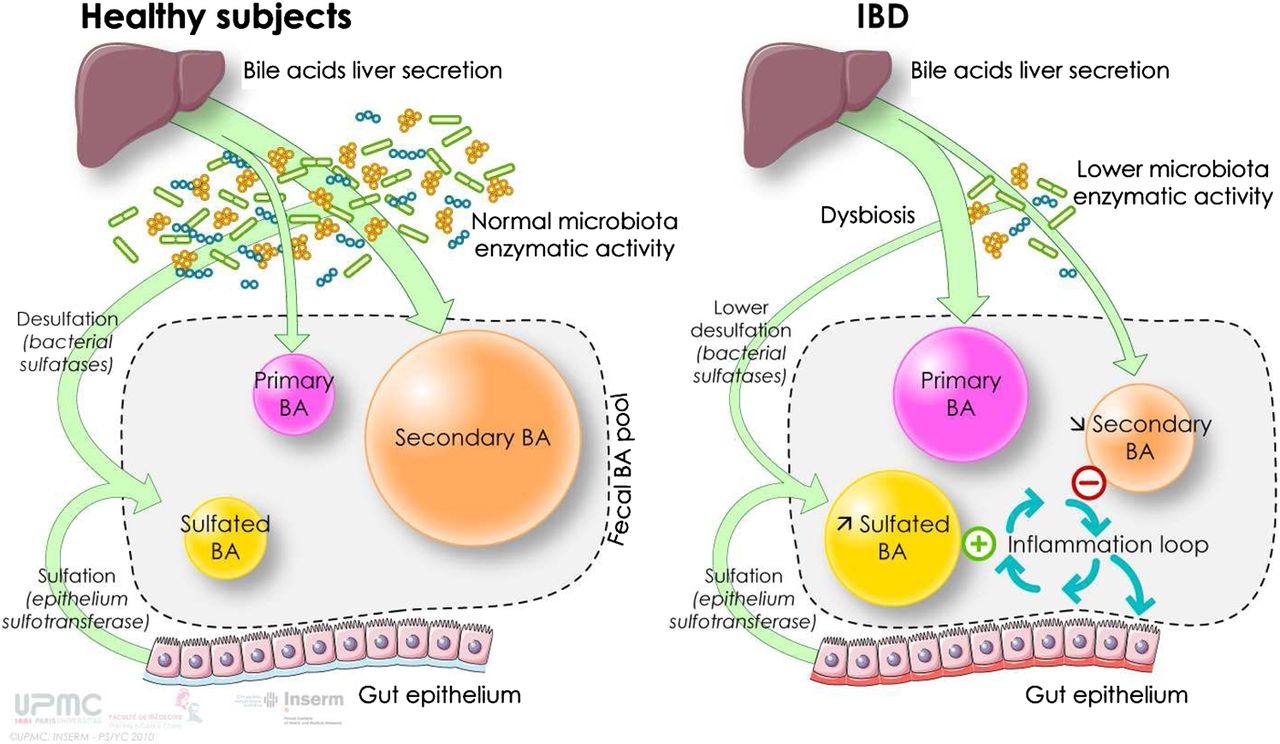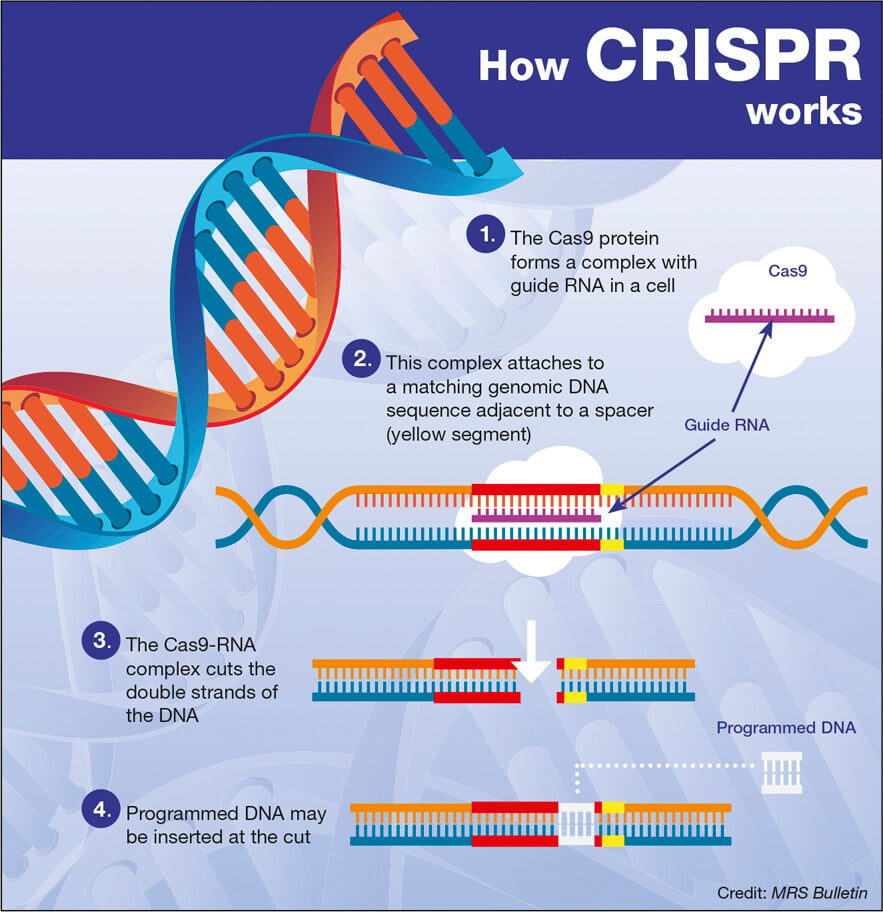Bile acid imbalance is emerging as a critical factor in the development of liver diseases, particularly hepatocellular carcinoma, which is the most common form of liver cancer. This imbalance, which occurs when bile acids, essential for fat digestion and metabolism, are improperly regulated, can lead to severe health consequences. Recent research highlights the involvement of pathways like the YAP FXR pathway in disrupted bile acid metabolism and its link to liver injury and inflammation. By identifying key molecular switches that affect bile production, scientists shed light on innovative approaches to liver disease treatment that could potentially reverse or mitigate disease progression. Understanding bile acid imbalance not only opens doors for therapeutic interventions but also underscores the importance of maintaining liver health for overall well-being.
Bile acid dysregulation, often referred to as bile acid disorder, plays a significant role in the onset of various liver-related ailments, notably hepatocellular carcinoma. This disruption in bile production and metabolism can lead to a cascade of detrimental effects, manifesting as inflammation and fibrosis within the liver. Recent findings have brought to attention the implications of signaling pathways, such as the YAP FXR pathway, in maintaining bile acid homeostasis and their connection to liver cancer development. Addressing bile acid dysregulation could pave the way for novel strategies in liver disease management, highlighting the need for ongoing research in this vital area of health. Emphasizing the significance of bile acids not only aids in understanding liver pathology but also emphasizes their crucial function in metabolic regulation.
Understanding Bile Acid Imbalance and Its Links to Liver Cancer
Bile acid imbalance is a critical factor that plays an integral role in the development of liver diseases, notably hepatocellular carcinoma (HCC). The liver’s adept production of bile acids is vital for the digestion and absorption of fats, but when this process is disrupted, it can lead to serious health issues. A recent study has identified a significant link between the overproduction of bile acids and liver cancer, highlighting the importance of maintaining a balanced bile acid metabolism for liver health. As bile acids accumulate, they can trigger inflammatory responses and contribute to the progressive scarring of liver tissue, ultimately setting the stage for cancer progression.
Research conducted by experts, including Yingzi Yang, emphasizes the role of the YAP FXR pathway in regulating bile acid metabolism. In cases of bile acid imbalance, YAP—a protein involved in cell signaling—has been found to act counterintuitively by repressing the function of FXR (Farnesoid X receptor), which normally helps to maintain bile acid levels. This imbalance can result in liver injury, fibrosis, and increased susceptibility to HCC. Therefore, understanding this intricate relationship underscores the need for targeted therapeutic interventions aimed at restoring bile acid homeostasis.
Frequently Asked Questions
What is bile acid imbalance and how is it related to liver cancer?
Bile acid imbalance refers to the disruption in the normal production and regulation of bile acids, which are crucial for fat digestion and metabolic processes. This imbalance is linked to liver cancer, specifically hepatocellular carcinoma (HCC), as it can lead to liver injury, inflammation, and eventually cancer development.
How does bile acid metabolism affect liver disease treatment?
Bile acid metabolism plays a significant role in the treatment of liver diseases. Imbalances in bile acids can lead to conditions such as fibrosis and inflammation. Treatments that target bile acid homeostasis, such as activating the FXR pathway, may help restore balance and mitigate liver disease progression.
What role does the YAP FXR pathway play in bile acid imbalance?
The YAP FXR pathway is crucial in regulating bile acid metabolism. YAP can inhibit the function of the FXR receptor, leading to overproduction of bile acids and subsequent liver damage. Targeting this pathway may offer new treatment strategies for liver diseases, including HCC.
Can bile acid imbalance lead to hepatocellular carcinoma?
Yes, bile acid imbalance is a contributing factor to the development of hepatocellular carcinoma (HCC). Disruptions in bile acid regulation can cause liver inflammation and injury, paving the way for cancerous transformations in liver cells.
What are the potential pharmacological interventions for bile acid imbalance in liver cancer?
Potential pharmacological interventions for addressing bile acid imbalance in liver cancer include enhancing the function of the FXR receptor, promoting bile acid excretion, or inhibiting YAP’s repressor activity. These strategies aim to restore bile acid homeostasis and reduce liver damage.
| Key Points | Details |
|---|---|
| Bile Acid Imbalance | A critical imbalance in bile acids can trigger liver diseases, including hepatocellular carcinoma (HCC). The liver produces bile to help digest fats, and bile acids also govern several metabolic processes. |
| Key Molecular Switch | The study identifies a key switch that regulates bile acid production, shedding light on potential treatment interventions for liver cancer. |
| YAP and FXR Interaction | YAP promotes tumor formation and acts as a repressor, interfering with FXR, a critical bile acid sensor that maintains bile acid homeostasis. |
| Implications for Treatment | Blocking YAP’s repressor activity or enhancing FXR function could prevent liver damage and cancer progression. Potential pharmacological solutions could emerge from these findings. |
Summary
Bile acid imbalance is a significant issue linked to liver diseases and cancers such as hepatocellular carcinoma. Understanding the interaction between molecular pathways like YAP and FXR provides essential insights into potential therapeutic approaches. By regulating bile acid metabolism effectively, researchers aim to develop pharmacological interventions that could significantly improve outcomes for patients suffering from liver conditions.



